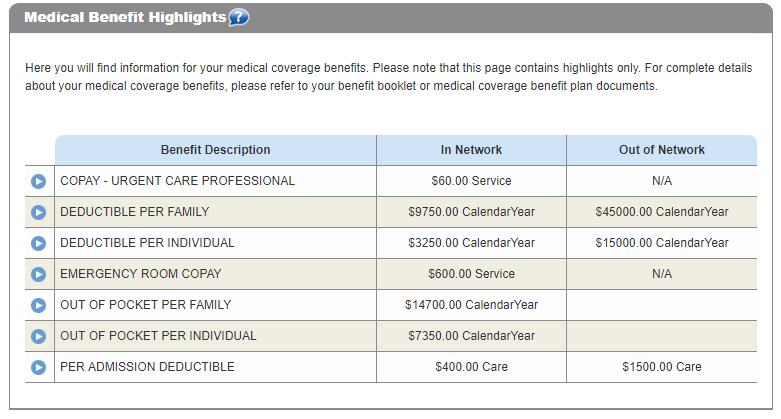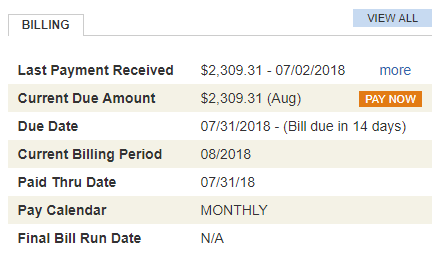- Joined
- May 18, 1997
- Messages
- 55,596
The fine folks over at NPR have a very interesting read about what health insurers are doing with big data. It seems that the health insurance companies are making sure to buy up all the data it can on individuals in order to build pricing structures on insurance that are more specific than we have ever seen before. The insurance companies' explanation is that they are simply monitoring all these data points in order to make sure you get the health care you need.
Insurers contend they use the information to spot health issues in their clients—and flag them so they get services they need. And companies like LexisNexis say the data shouldn't be used to set prices. But as a research scientist from one company told me: "I can't say it hasn't happened."
Insurers contend they use the information to spot health issues in their clients—and flag them so they get services they need. And companies like LexisNexis say the data shouldn't be used to set prices. But as a research scientist from one company told me: "I can't say it hasn't happened."
![[H]ard|Forum](/styles/hardforum/xenforo/logo_dark.png)

